A MERV rating is an HVAC air filter rating guide to help you pick the right air filter for your home. When you breathe in polluted air, you’re breathing in tiny particles of dust and dirt that can trigger allergies, asthma, and other health problems.
The efficiency of your heating, ventilating, and air conditioning system has a lot to do with the filter you use. Air filters come in different sizes, shapes, designs, and MERV ratings.
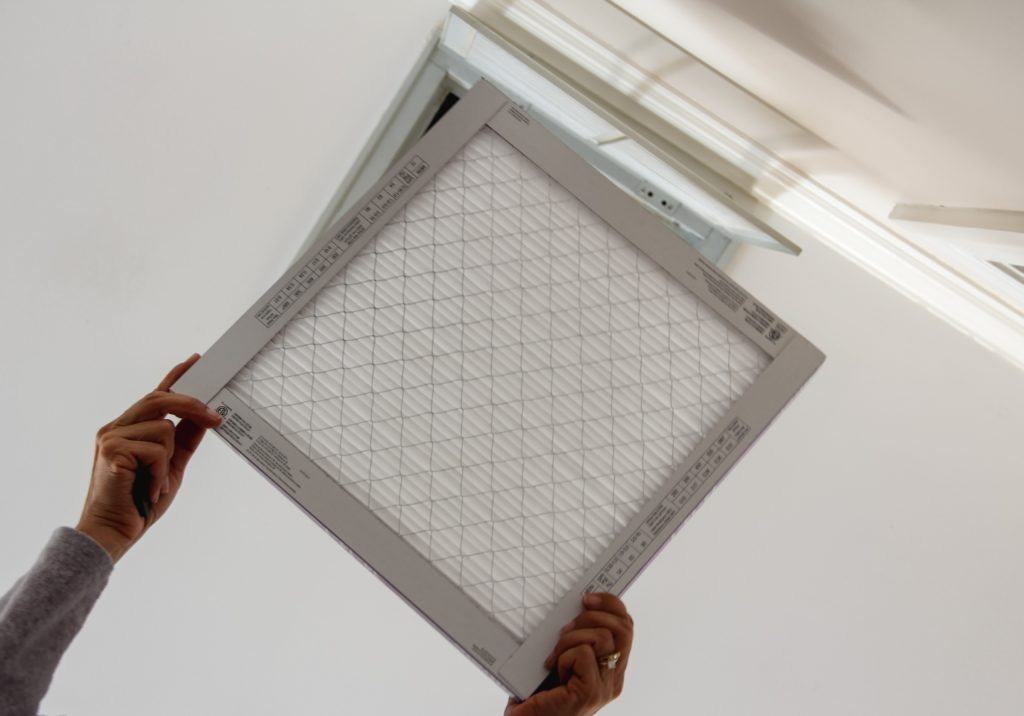
We’ve put together some information to help you understand more about MERV ratings and why choosing the right filter is essential.
What is a MERV Rating?
The term “MERV” stands for Minimum Efficiency Reporting Value and was developed by the American Society of Heating, Refrigeration, and Air-Conditioning Engineers (ASHRAE).
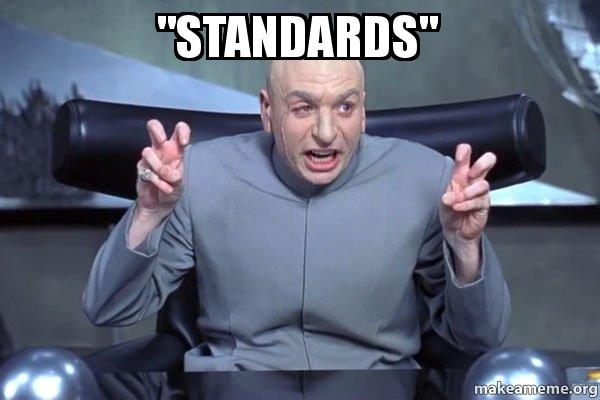
The MERV rating of a filter indicates its ability to capture fine particles such as dust, pollen, smoke, and other particulate matter. A higher MERV rating means the filter can better capture these particles.
Understanding a MERV Rating
How much dust and pollen are in your area? The higher the amount of dust in the air outside your home, the higher the quality air filter you should select.
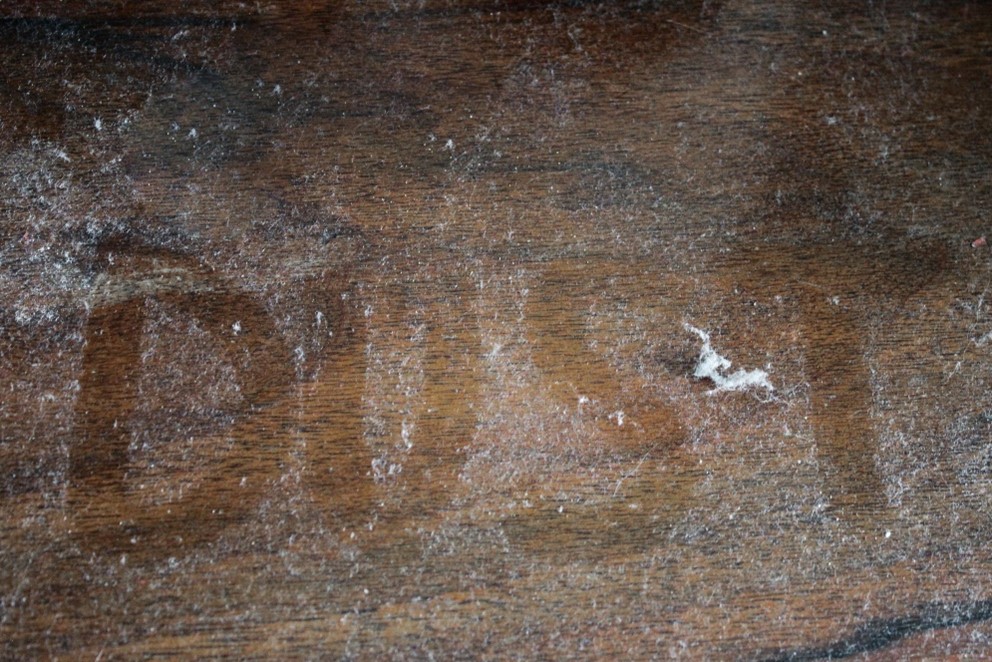
The higher the MERV value, the more efficiently the filter removes particles from the air. MERV 13 and above filters are considered high-efficiency filters. They are well-suited for areas with high air pollution or with individuals who have allergies.
However, you don’t always need to buy the highest MERV-rated filter. Air filters with a high MERV rating trap large amounts of fine particles and can clog up your HVAC system. This causes the system to work harder and can break down more often.
MERV Ratings and Their Uses
MERV ratings are the industry standard for rating the filtration of your HVAC system. They measure how well an air filter can capture dust and allergens from the air passing through it.
MERV rating 1-7
A MERV rating of 1-7 indicates that a filter will remove larger particles but not smaller ones. This is why they’re typically used in places that already have good airflow, like factories and industrial settings.
MERV Rating 8-13
Buying an 8-13 MERV-rated filter for your home’s central air conditioning system means you’ll get excellent filtration to keep your home’s air clean and clear of dust and other airborne particles.
MERV Rating 14-20
Hospital and laboratory air filters are designed for maximum efficiency, which means they have a very high MERV rating.
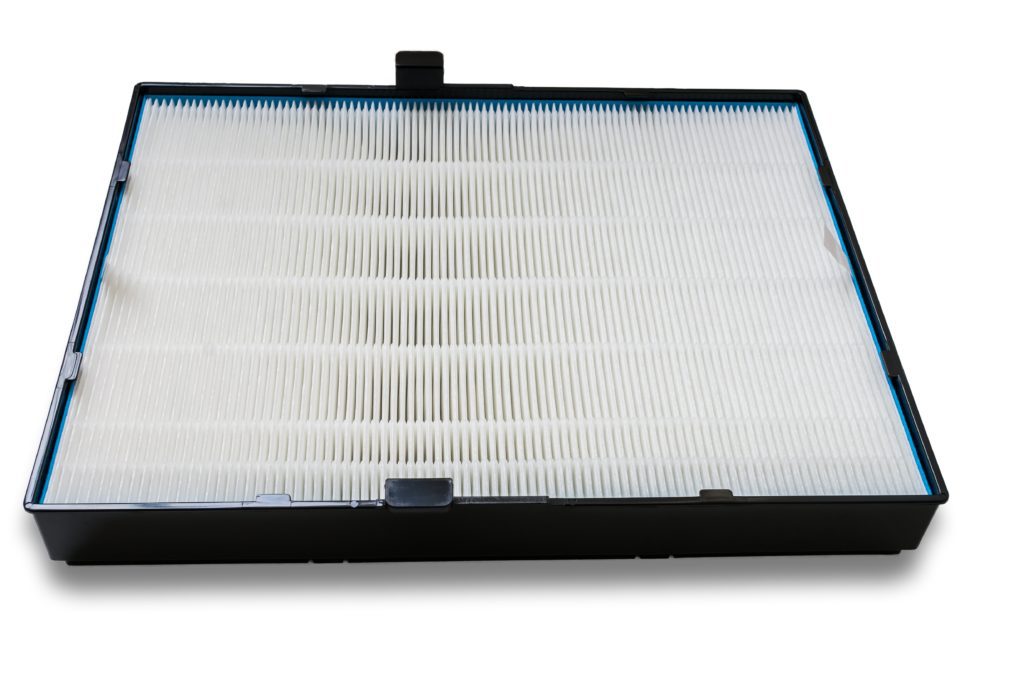
Hospitals and laboratories know how dangerous airborne pathogens can be to patients and staff. That’s why they often choose the highest MERV rating possible, because they want their air filters to capture as many particles as possible.
If you want to protect your family from smaller particles, opting for a HEPA filter is best.
Does a HEPA Filter Have a MERV Rating?
HEPA (high-efficiency particulate absorbing) filters have become the gold standard of home air purifiers.
They’re designed to remove up to 99.97% of particles as small as 0.3 microns from the air, which helps reduce pollutants such as pollen, dust, pet dander, and smoke that triggers allergies or respiratory infections.
Finally, your air filter won’t last forever, regardless of your MERV rating.
If you notice your HVAC unit producing more noise than usual or working harder, it’s time for a new filter.
Additionally, if you have any allergy symptoms, such as sneezing or watery eyes, then this may also be a sign that your filter needs to be changed immediately!
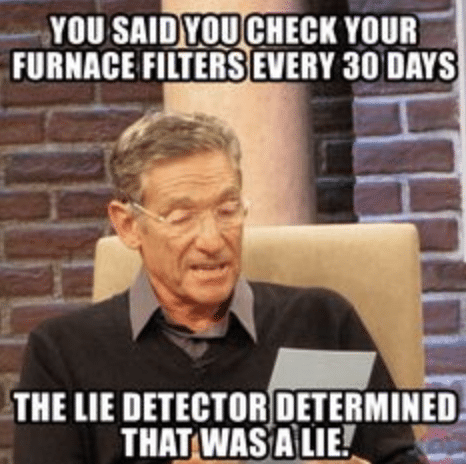
The bottom line is that air filters should be replaced on a regular schedule determined by the manufacturer or HVAC technician who installed them. Most filters need changing every few months. It’s a routine job and can be carried out during an HVAC tune-up.
Still trying to decide which air filter is best for your home? Contact the HVAC experts at Sierra Air for more help and information.


